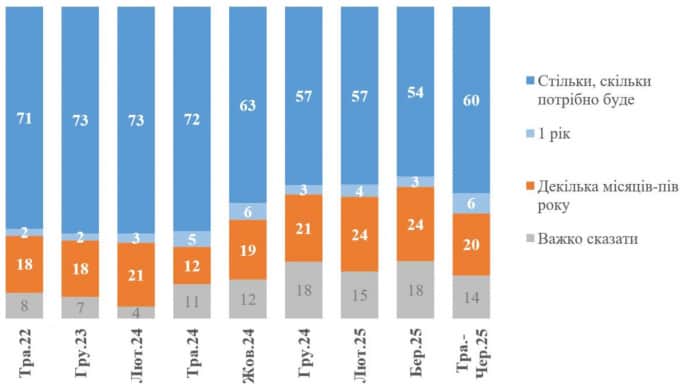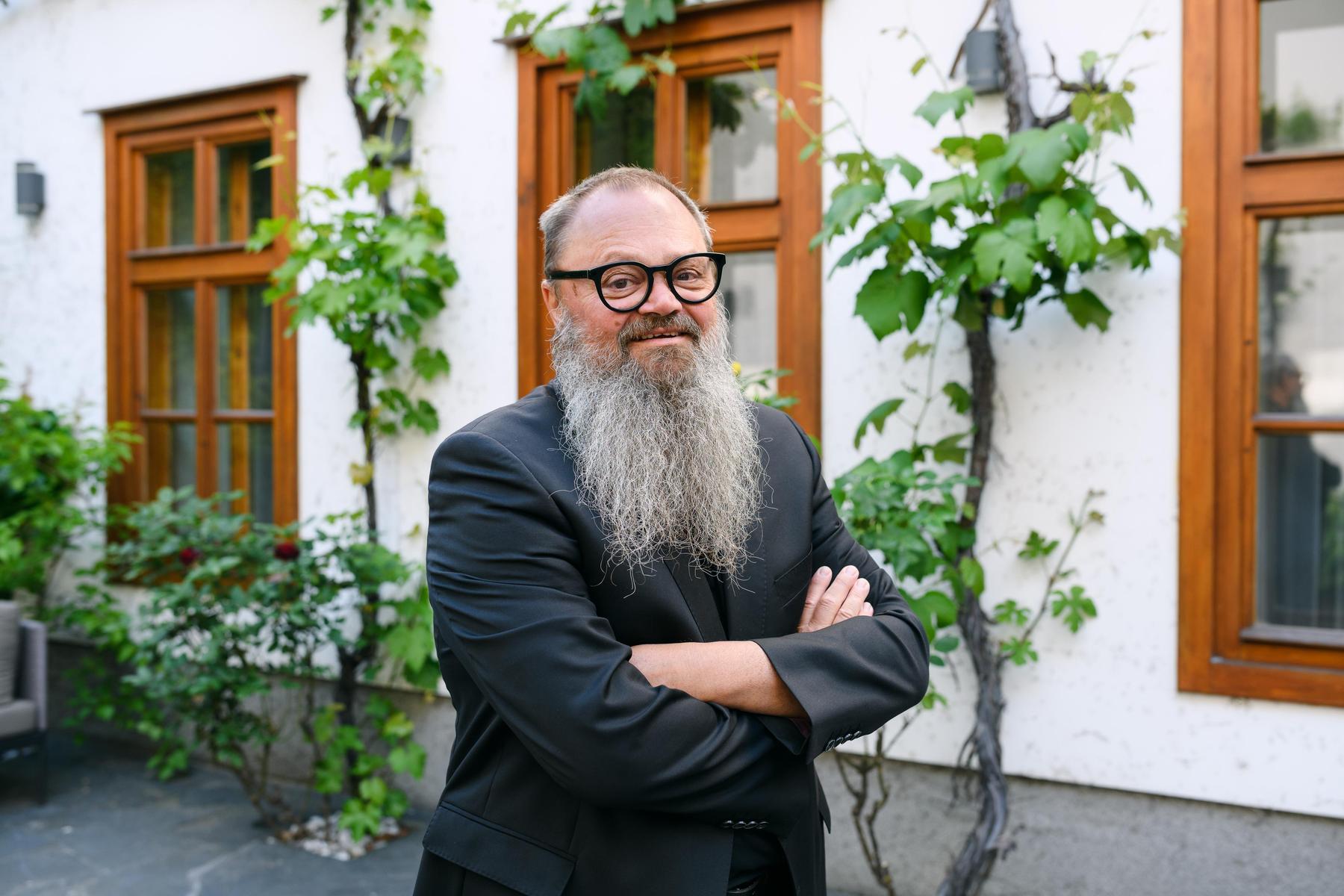Social class is more decisive for your life than where you live, the SCP says
How do the social dividing lines in the Netherlands? Between people with a high and low quality of life? Between progressives and conservatives? People with a lot of trust in democracy?
Regional differences are hardly important for all these kinds of contradictions, concludes the Social and Cultural Planning Office (SCP). There is no question of a clear dichotomy between, for example, the Randstad and border regions. And also with fine-meshing regional layouts, the SCP only came across small to moderate contradictions.
Much more important is the social class that you belong to. It can do much better your attitude to life, your quality of life and your political preferences than your place of residence.
Two years ago the SCP already wrote that the Netherlands consists of seven social classes. And that the differences between these classes are great. People in the lower classes generally have worse job opportunities, fewer friends and poorer health than people in the highest classes.
An ‘elite name’ such as Charlotte or Roderick can already give an advantage because it influences how others see and treat you
For this new report (Spread over the country) The SCP wanted to know how these class differences relate to regional differences. And also: are the place of residence and social class good predictors of how people look at themselves, what their world looks like and what their social views are? Residence therefore appears to be much less decisive than social class.
Whether people, for example, have progressive or conservative views on topics such as Europe, Climate and Migration, can be explained by the region where they live at most 4.7 percent. The remaining more than 95 percent is explained by individual differences. The predictive value of the social class is more than twice as large: 11.5 percent.
When experiencing poor quality of life, the difference is even greater. For this, the SCP looked at whether people are dissatisfied with their lives, poor sleep, smoking and being tight at Kas. Such a bad quality of life can be explained by more than 20 percent by the social class of people, and at most 1.7 percent by their place of residence.
‘National solution required’
Higher social classes experience a better quality of life and are more progressive on cultural topics. At the same time, they are more right on economic themes. The lowest classes are more conservative and left -wing.
This does not mean that regional differences do not exist. « There are major differences between the areas with the most extreme scores, » says SCP researcher Cok Vrooman. For example, more people from higher social classes live in the city of Utrecht than in East Groningen. South Limburg is more economically left than Het Gooi. And in Rotterdam, more people have a bad quality of life than in Breda. Yet the place of residence is ultimately a bad predictor for this kind of characteristics.
That is easy to explain, says Vrooman. « The Netherlands is a small, densely populated country with a good infrastructure, strong social networks and a highly developed welfare state. » That dampens any crooked growth between regions.
For Politiek The Hague, the message of the SCP is that inequality is a national problem that can best be combated with national policy. The Planning Bureau also emphasizes that inequality is more than economic inequality.
Your network, lifestyle, health and even your first name and appearance also contribute to your social position, the SCP already described two years ago. An ‘elite name’ such as Charlotte or Roderick can already give an advantage, because it influences how others see and treat you. For example, economic inequality is ‘entangled’ with other inequalities.
Seven Social Classes
The SCP shares Dutch people in seven social classes, based on how much ‘capital’ they have in four areas: economic (educational level, income), personal (health, appearance), social (people with whom you talk about personal matters, or who can help you) and culturally (music taste, first name, digital skills).
The highest class of the SCP, the ‘working top layer’, scores well on all these aspects. The subsequent ‘younger chance of opportunity’ are economically in the middle bracket, but compensate for this well with their health, network and digital skills. The largest class is the ‘working middle group’.
One in six Dutch people is one of the two most vulnerable classes: the ‘uncertain workers’ and the ‘precariat’. They have the worst financially, are the unhealthiest and have the most mental problems. To solve their problems, Vrooman says, more must be done than increasing their income. « Then you choose the easy way, while you know it is harder. »
Two years ago, the SCP was criticized that the differences between social classes can mainly be explained by their level of education. That would be the real problem. The Planning Bureau now refutes that criticism with new calculations: the class layout can also predict the world and views of people better than their level of education.
Prosperous ‘capital strip’
How can this message of the SCP ride with news items and political concerns about regional inequality? One of the reasons, Vrooman says, is that the SCP looks wider than economic inequality.
On the pages where the SCP does only look at economic inequalities, a regional contradiction immediately appears. But not between the Randstad and the rest of the Netherlands. On the map of the Netherlands, the Planning Bureau discovered a prosperous « capital strip » of the Castricum region, via Amsterdam and Utrecht, to Southeast Brabant.
:format(jpeg):fill(f8f8f8,true)/s3/static.nrc.nl/images/gn4/data133218721-a06b94.png|https://images.nrc.nl/byPYSZmh0OthMUht4DQyDs7zWt4=/1920x/filters:no_upscale():format(jpeg):fill(f8f8f8,true)/s3/static.nrc.nl/images/gn4/data133218721-a06b94.png|https://images.nrc.nl/suYu95Hr0Hb4Tl0MH3G-XHZlHL8=/5760x/filters:no_upscale():format(jpeg):fill(f8f8f8,true)/s3/static.nrc.nl/images/gn4/data133218721-a06b94.png)
And for one theme, the place of residence appears to be decisive than the social class: regional dissatisfaction. That is partly logical. It is not surprising that residents of Groningen, Zeeland and Drenthe more often find that national politics has too little eye for them. What is striking: this feeling runs through all the classes, from low to high. Regional dissatisfaction, concludes Vrooman, « is fairly classless. »
Read also
SCP: Low -income people live more sustainably, while rich are more concerned about the climate

:format(webp)/s3/static.nrc.nl/wp-content/uploads/2024/04/web-2404binduuraam1.jpg)
:strip_icc()/s3/static.nrc.nl/bvhw/files/2025/06/de-wolven.jpg)
:format(webp)/s3/static.nrc.nl/images/gn4/stripped/data132134012-36b090.jpg)
:format(webp)/s3/static.nrc.nl/images/gn4/stripped/data133172100-71d860.jpg)




